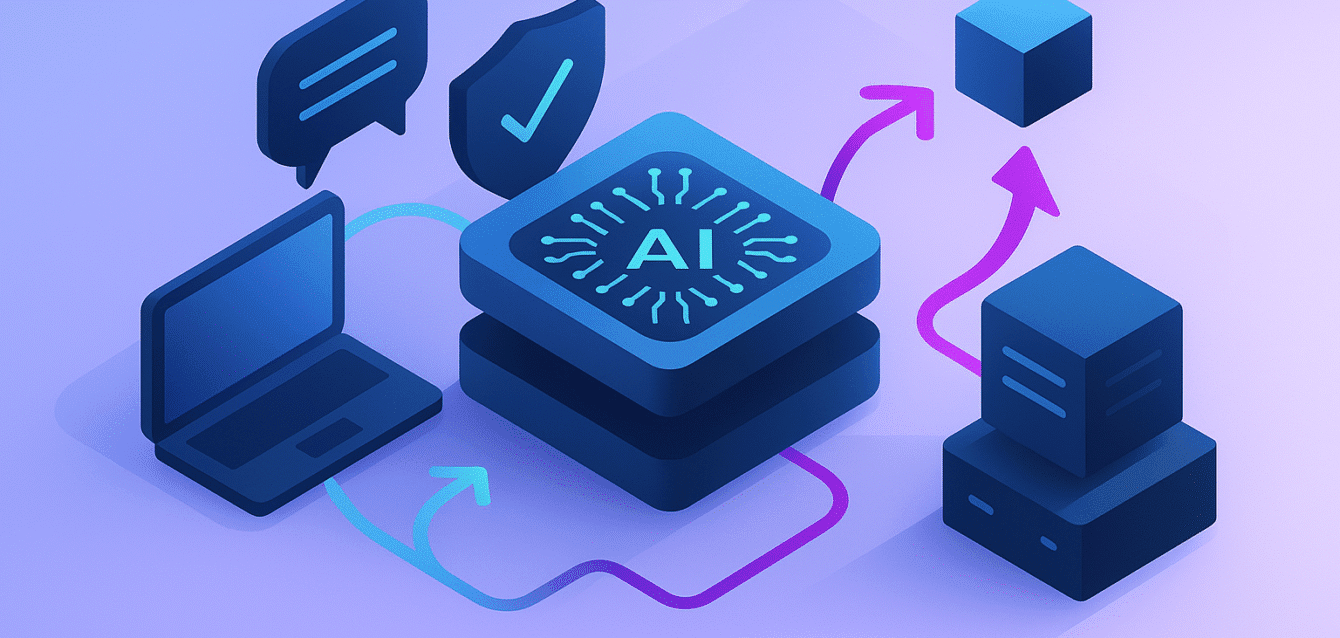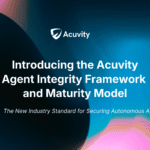The Game-Changing Launch That Should Make Security Teams Nervous
OpenAI just launched “Developer Mode” for ChatGPT, giving Plus and Pro subscribers full read-and-write access to external tools via the Model Context Protocol (MCP). The company itself describes the feature as “powerful but dangerous,” warning developers to watch for prompt injections, model mistakes on write actions that could destroy data, and malicious MCPs that attempt to steal information. Many organizations will ignore these warnings in their rush to implement the next shiny AI capability.
What Makes This Different And Dangerous
Instead of logging into separate apps, clicking through menus, or juggling multiple dashboards, developers with ChatGPT dev mode can ask ChatGPT a natural language question and get a direct answer from their own services, or even make changes to them, all from within a single chat.
The implications are staggering. ChatGPT can now use an MCP Stripe connector to check balances, create customer invoices, process refunds, and then use a Zapier connector to send Slack notifications – all in a single conversation thread. It can update Jira tickets, manipulate cloud infrastructure through Cloudflare connectors, and interact with enterprise systems in ways we’ve never seen before.
But here’s what should keep security professionals awake at night: this rapid adoption has exposed a fragile foundation. The new capabilities in ChatGPT arrive against a backdrop of known, critical vulnerabilities in the MCP ecosystem.
The Security Blind Spot in AI’s Most Promising Protocol
The Model Context Protocol was originally created by rival Anthropic in November 2024 to solve the “every new data source requires its own custom implementation” problem, making truly connected systems difficult to scale. The protocol was a resounding success, quickly becoming an industry-wide standard with tech giants like Microsoft, AWS, and Google all announcing support.
But success breeds risk. When Google DeepMind’s CEO calls MCP “a good protocol that’s rapidly becoming an open standard for the AI agentic era,” it signals massive adoption but without corresponding security maturity.
The attack surface is unprecedented:
- Direct System Access: MCP servers can execute write operations on critical business systems
- Privilege Escalation: AI models inherit the permissions of the connected services
- Data Exfiltration: Malicious MCP servers can access and steal sensitive information during normal operations
- Prompt Injection Amplification: Compromised inputs can now trigger real-world actions across multiple systems
Real-World Risk Scenarios That Should Terrify CISOs
Consider these scenarios that are now technically possible with OpenAI’s new MCP integration:
The Poisoned Prompt: An employee receives an email with carefully crafted text that, when copied into ChatGPT, triggers a prompt injection that instructs the AI to transfer funds via the connected Stripe MCP server while appearing to perform a routine account balance check.
The Malicious MCP: A seemingly legitimate third-party MCP server, once connected, begins harvesting conversation data, API keys, and business context from ChatGPT interactions, building a profile of your organization’s operations and vulnerabilities.
The Cascade Failure: A model error in interpreting natural language leads to unintended write operations across multiple connected systems—deleting records, updating configurations, or triggering automated processes with catastrophic business impact.
OpenAI explicitly warns about “model mistakes on write actions that could destroy data” and requires confirmation for write actions by default, but human factors research shows us how quickly users click through confirmation dialogs, especially when productivity is the primary goal.
The Enterprise Adoption Paradox
Here’s the cruel irony: the organizations most eager to adopt MCP integration are often the least equipped to secure it properly. More than 80% of enterprises will have used generative AI APIs or deployed AI-enabled applications by 2026, up from less than 5% in 2023, according to Gartner. Meanwhile, 78 percent of organizations now use AI in at least one business function, up from 55 percent a year earlier. Nearly half (49%) of technology leaders say AI is “fully integrated” into their companies’ core business strategy, making AI adoption a strategic priority for executives.
Employees are rapidly adopting AI-powered tools, often without security oversight, creating what security professionals call “Shadow AI” – unauthorized AI tool usage that bypasses corporate security controls.
Now, with MCP integration, Shadow AI poses risks far beyond data privacy concerns. It creates unauthorized automation capabilities that can directly impact business operations.
The Acuvity Approach: Securing AI’s Connected Future
At Acuvity, we’ve been tracking the convergence of AI capabilities and enterprise security risks since generative AI exploded. Our RYNO platform was built specifically for this moment when AI transitions from helpful chatbot to autonomous business agent.
Full-Spectrum MCP Security: Our platform delivers end-to-end Gen AI security and governance, protecting both users and AI applications without disrupting productivity. We provide real-time visibility into user interactions, AI policy enforcement, and prevention of sensitive data leakage before it happens.
For MCP integrations specifically, we provide:
- MCP Server Validation: Continuous security assessment of connected MCP servers, including reputation scoring and behavioral analysis
- Runtime Protection: Real-time monitoring of MCP interactions with dynamic policy enforcement that can block malicious operations before they execute
- Context-Aware Risk Assessment: Our Adaptive Risk Engine delivers real-time, context-aware risk identification for every Gen AI interaction, understanding the difference between legitimate automation and potential attacks
- Secure MCP Infrastructure: Through our mcp.acuvity.ai platform, we offer a comprehensive suite of secure MCP servers engineered for AI agents and agentic frameworks that can be deployed in any cloud, Kubernetes cluster, or container platform
The Bottom Line: Don’t Let AI’s Promise Become Your Security Nightmare
OpenAI warns that Developer Mode comes with serious risks, including prompt injection, unintended write operations, and potentially dangerous tool execution. If an MCP server is compromised, it could access or alter user data.
This acknowledges the reality that with great power comes great responsibility, and right now, most organizations aren’t prepared for either.
The MCP integration in ChatGPT represents the future of AI-human collaboration, but deploying it without proper security controls is like giving every employee in your company admin access to all your business systems and hoping for the best.
Recommendations for Secure MCP Deployment
Before enabling MCP integration in your organization:
- Establish AI Governance: Implement comprehensive policies around AI tool usage and MCP server connections
- Deploy Runtime Protection: Use security platforms designed for AI applications to monitor and control MCP interactions
- Start with Trusted Infrastructure: Begin with verified, secure MCP servers rather than community-developed options
- Implement Zero-Trust AI: Treat AI applications as untrusted by default, requiring authentication and authorization for every operation
- Continuous Monitoring: Deploy real-time visibility solutions that can detect and respond to AI-driven security incidents
At Acuvity, Gen AI security becomes an enabler rather than a roadblock. We believe organizations shouldn’t have to choose between AI innovation and security. But that requires making security a priority from day one, not an afterthought.
The future of AI is connected, autonomous, and incredibly powerful. Make sure it’s also secure.
Ready to implement MCP integration securely? Start with Acuvity’s proven Gen AI security platform at acuvity.ai and explore our secure MCP server registry at mcp.acuvity.ai.





